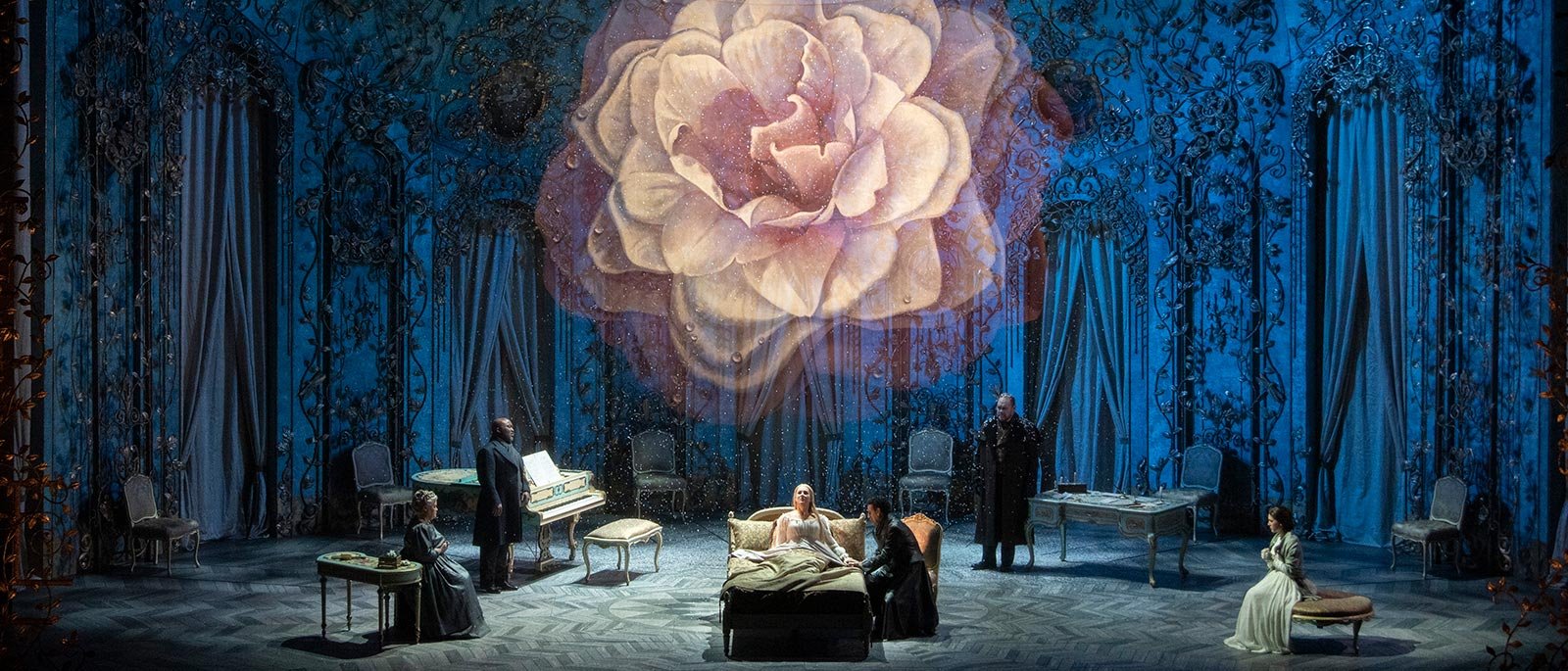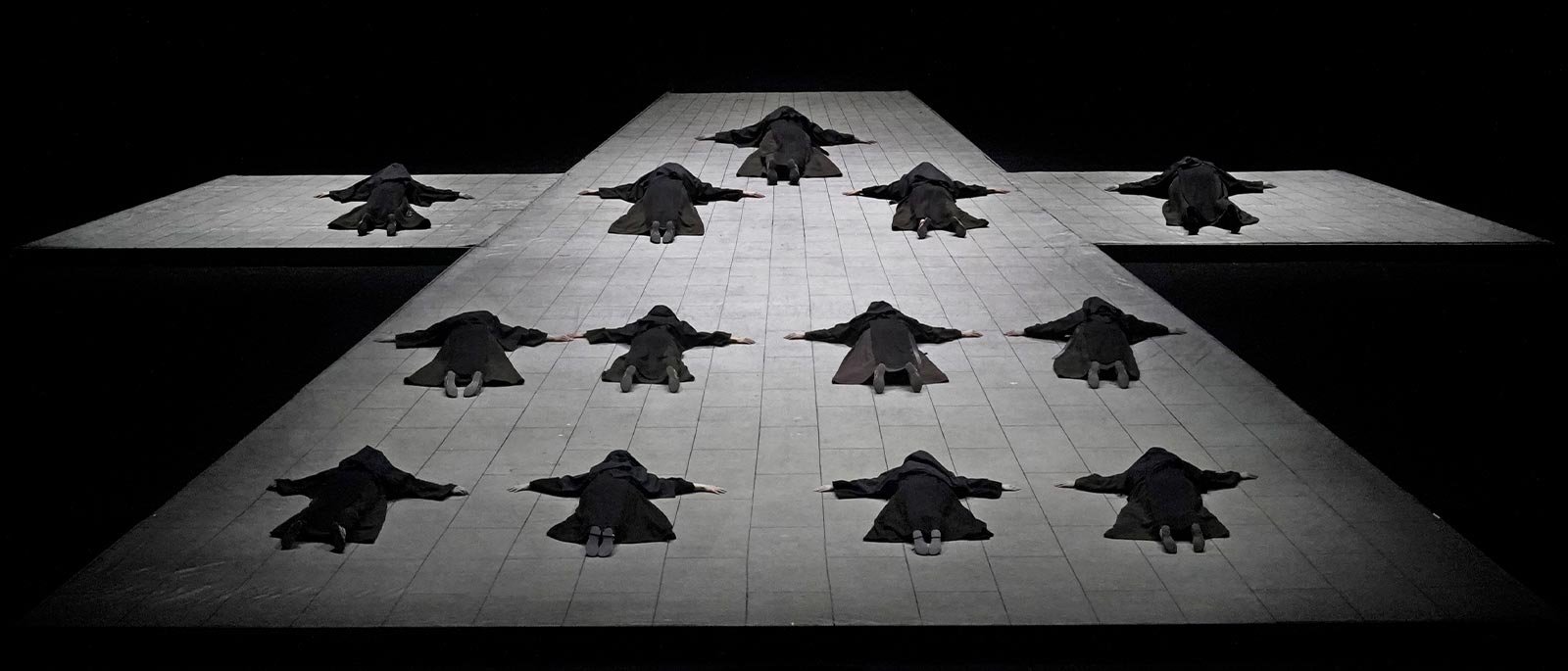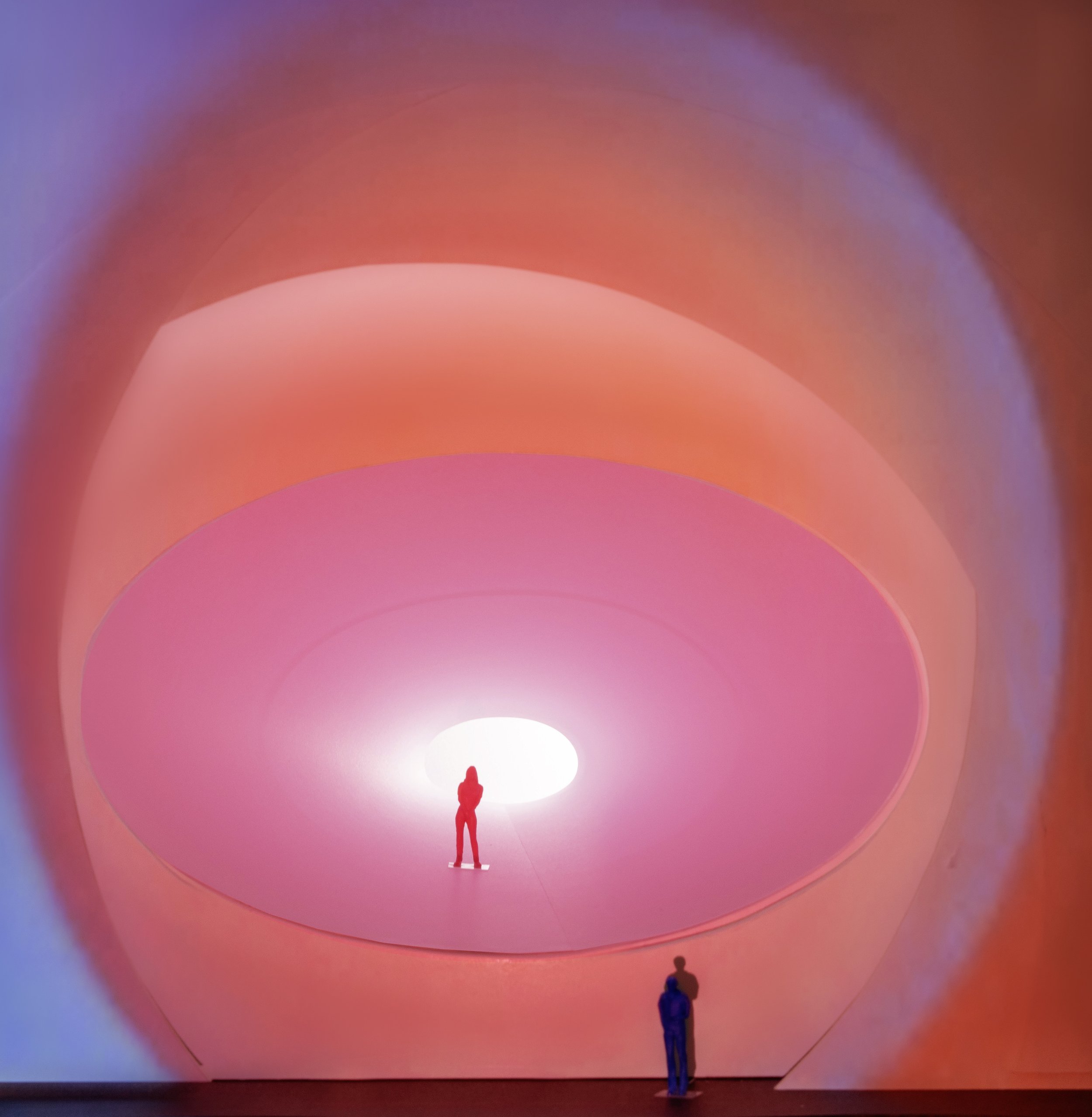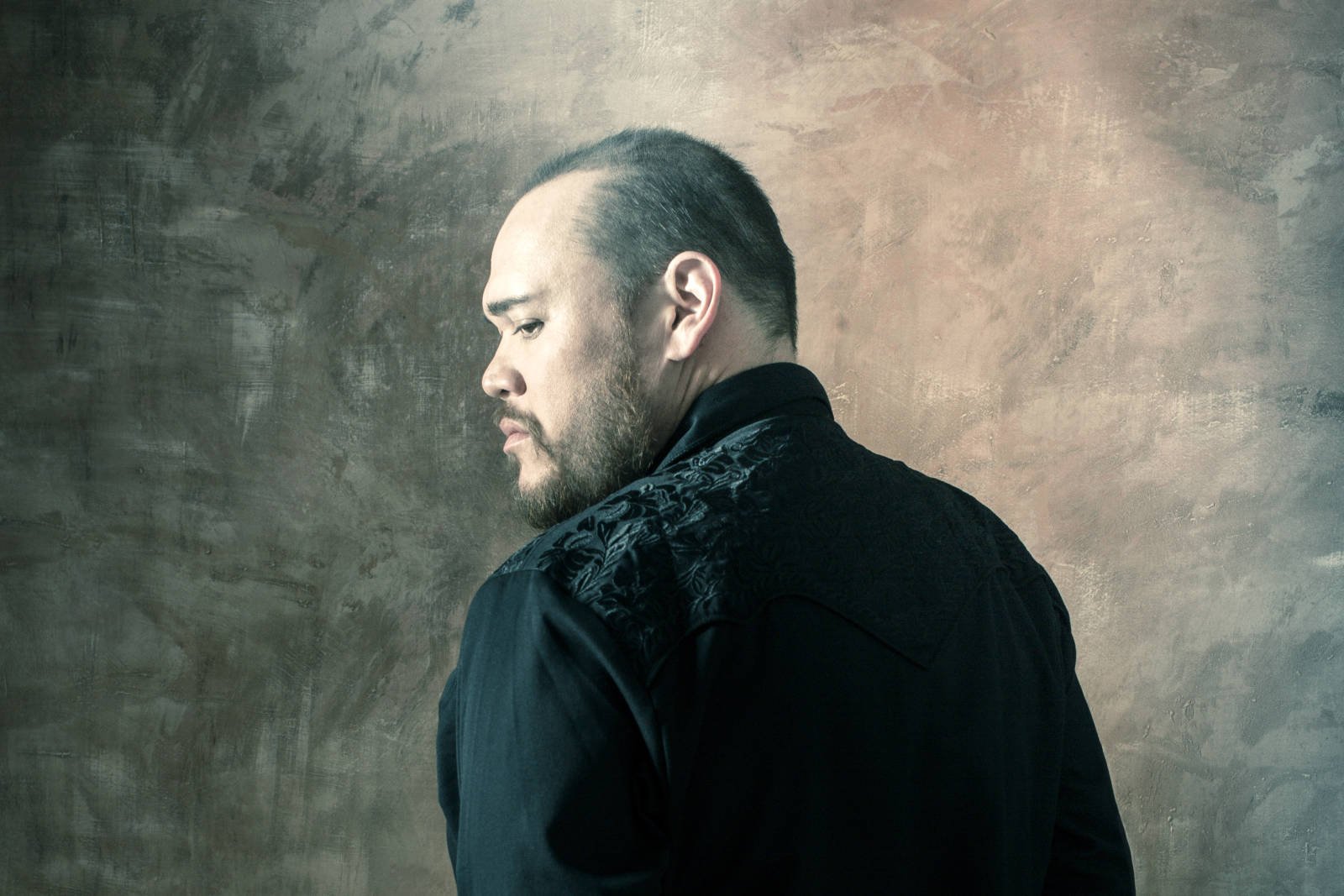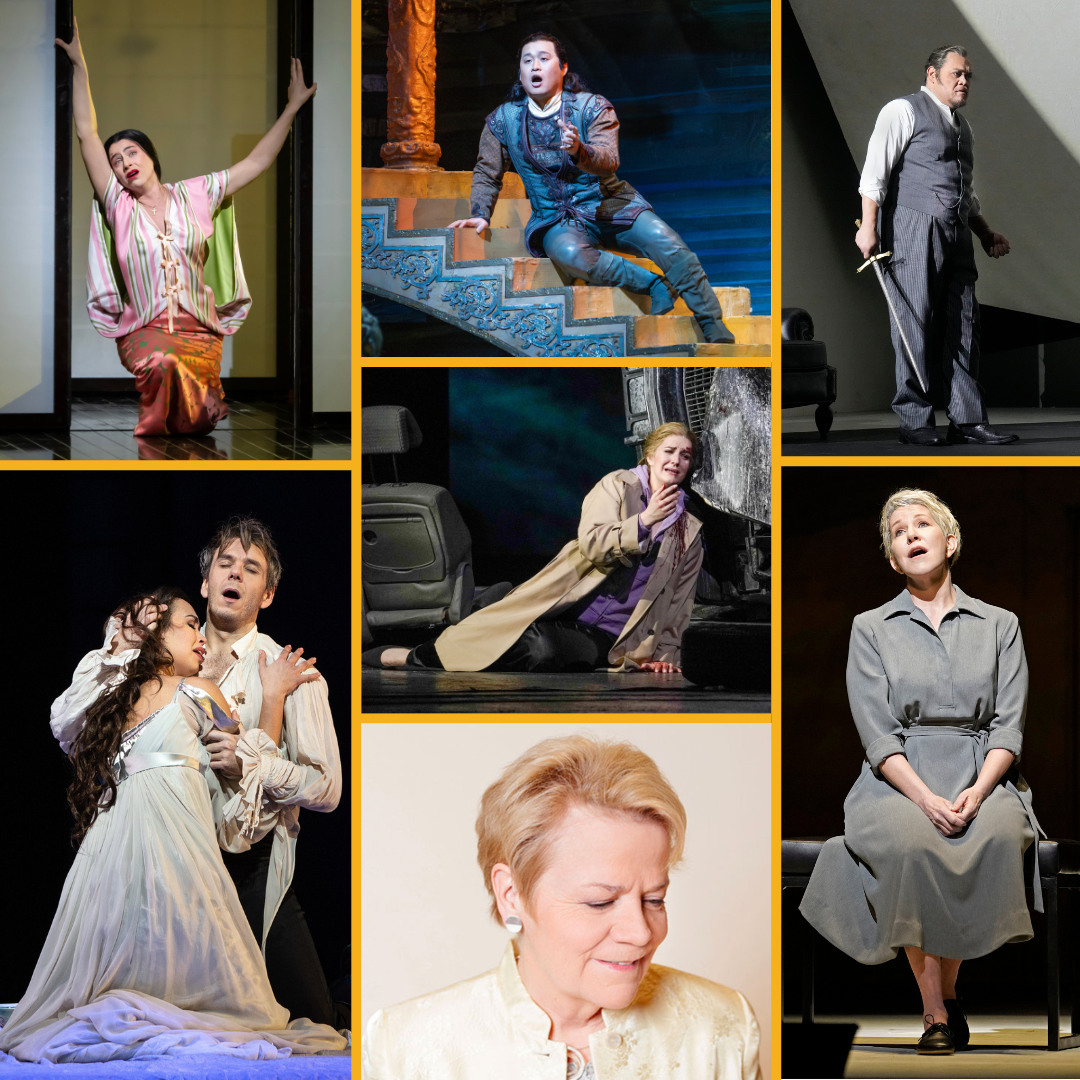The Met’s Winter Operafest: January 2023
The Met’s auditorium (Jonathan Tichler/Met Opera)
A pioneer of “realism”. A classic tragedy. A rom-com. A Reign of Terror drama.
New York’s New Year just got a lot more exciting...
Sonya Yoncheva as Fedora (Paola Kudacki/Met Opera)
Umberto Giordano’s Fedora is considered one of the first verismo operas. Verismo was a literary style and then an operatic genre literally meaning “realism.” Writers and composers of the late 19th century opened up new horizons by telling more authentic tales, often darker than most operas that had come before. Giordano was one of the first so-called veristi, a group that also included Puccini, who wrote so many of the most classic operas, such as the thriller Tosca, the bohemian romance La Boheme, and the heartbreaking Madama Butterfly.
While verismo operas generally broke away from royal characters, choosing instead to focus on the “everyman”, Fedora’s central character is Princess Fedora Romazov. Fedora’s fiancé is murdered by Count Loris Ipanov, and she vows revenge on her Byzantine cross. Unfortunately, she doesn’t know the facts of the case, and once she finds out, she falls in love with Ipanov. Verismo, however, rarely allows for a happy ending.
As Fedora has not been at the Met since 1996, the occasion calls for a new production, directed by Met mainstay Sir David McVicar. Superstar Sonya Yoncheva sings Fedora, further expanding her impressive repertoire, which will include Norma later this season. Piotr Beczała, who will headline a new production of Wagner’s Lohengrin starting in February, sings the troubled Loris Ipanov. Rosa Feola, whose creamy, lovely voice is a joy, sings the coquettish society hostess Countess Olga Sukarev, and hearty baritone Lucas Meachem sings the diplomat De Siriex.
My favorite Fedora trivia deals with its origins: a play of the same name by Victorien Sardou. Sarah Bernhardt played Fédora (the play is in French), and it is actually from there that the name of the fedora hat comes, which Bernhardt wore as the title Russian princess (although the fedora is most commonly worn nowadays by men).
Passionate, vivid, and gripping, Fedora will sweep you off your feet. It opens on New Year’s Eve, and while I won’t be able to go that day, I think that a moving verismo drama with a high-caliber cast is a fantastic way to close out 2022.
Dates: December 31 (radio), January 4, 7, 11, 14 (radio), 19, 22, 28
La Traviata
The opening of La Traviata (Jonathan Tichler/Met Opera)
Based on Alexandre Dumas fils’s much-adapted novel La Dame aux Camélias yet strikingly fresh, Verdi’s La Traviata is one of the most beautiful and tragic operas. This is its take on the “virtuous courtesan” story; Young Alfredo Germont is smitten by Violetta Valéry, a consumptive courtesan who first dismisses him, then falls for him. Their happiness is soon interrupted by Alfredo’s father, who demands that Violetta renounce Alfredo to preserve his family’s honor. Alas, Violetta’s heart of gold and manipulative old Germont force her to agree.
This cast is the second of three this season. Albanian soprano Ermonela Jaho, lauded for her remarkable dramatic intensity, sings the selfless Violetta. Ismael Jordi sings her impulsive lover, and Mongolian baritone Amartuvshin Enkhbat sings Giorgio Germont, Alfredo’s father. Both Germonts are making their debuts at the Met!
Michael Mayer’s energetic production presents Paris through the seasons: spring during Violetta’s party, summer in the peak of the lovers’ bliss, autumn in the dark luxury of Flora’s soirée, and winter when Violetta is on her deathbed. This production is one of the Met's most opulent, with gold filigree coating the walls and splendid costumes. I am so here for Violetta’s ivory ball gown and poofy off-the-shoulders sleeves.
Mayer seems to be the Met's Verdi specialist. His 2017-18 Traviata followed his 2012-13 Rigoletto, a… very flashy interpretation set in Las Vegas, and he's scheduled to direct a video projection-centered Aida for Opening Night of the 2023-24 season. As a staunch devotee of the Met’s sumptuous 34-year-old production, I’m skeptical of Mayer’s take, but I’ll give the man a chance. Just this once. If it’s not a grand affair, it’s not Aida.
Your mascara post-Traviata - Sondra Radvanovsky in Medea.
La Traviata is a gorgeous tearjerker. When Violetta finally falls dead into Alfredo’s arms, your mascara will begin to run and you may look like Sondra Radvanovsky as the titular vengeful sorceress of Medea. Either have makeup tissues on hand or just don’t wear mascara, which I hear is trendy ("bareface"). I’m very excited to hear Ermonela and about the production when I go soon. Fortunately, I don’t wear mascara.
Dates: January 5 (radio), 8, 14, 20, 26 (radio)
Update: no, I was unfortunately not able to go.
L’Elisir d’Amore
Ambrogio Maestri in L’Elisir d’Amore (Ken Howard/Met Opera)
It’s hard to imagine an opera with a more winning combination of liveliness and lovesickness than Donizetti’s L’Elisir d’Amore. Elisir is both a wonderful first opera and one to enjoy time and time again. Nemorino is an unsophisticated country youth infatuated with Adina, an intelligent and beautiful landowner. When she rejects him, declaring that she is too fickle, he turns to Dulcamara, a traveling salesman who claims to sell a miraculous “elixir of love”. Matters are further complicated by Belcore, an extraordinarily conceited sergeant who pursues Adina. Flirtation, humor, and misunderstandings abound before the opera’s joyful ensemble finale.
Elisir is almost always a starry event at the Met, but this winter’s cast, conducted by Michele Gamba, is especially stellar. South African soprano Golda Schultz brings her sunny vocal ease to Adina. Mexican tenor Javier Camarena, the king of encores and a Met favorite, sings the lovelorn Nemorino. Two Italian baritones round out the cast: Davide Luciano returns as the egotistical Belcore — the role of his Met debut — for all but one performance, and Ambrogio Maestri portrays the smooth-talking quack Dulcamara. Excepting Maestro Gamba, a new cast takes over in April, with two exciting debuts and the sweet-voiced Aleksandra Kurzak as Adina.
While Gaetano Donizetti may be better known for his gorgeous but somber masterpiece Lucia di Lammermoor, I would take Elisir over Lucia to a desert island. The score is cozy, bright, and cheery. All of the musical numbers are delightful, but highlights include the two Act 1 duets between Adina and Nemorino — “Chiedi all’aura lusinghiera” and “Esulti pur la barbara” —; Adina’s aria, “Prendi, per me sei libero”; and “Una furtiva lagrima,” Nemorino’s quietly beguiling Act 2 aria.
The colorful production is by Tony-winning director Bartlett Sher, who did the Met’s new production of Rigoletto last season. Elisir always leaves me feeling warm and fuzzy, and with such an outstanding cast as this one, it’s the perfect way to welcome 2023. I confidently predict multiple encores of “Una furtiva lagrima” for Javier, maybe even for all of his six performances. Be prepared for sore hands!
Dates: January 10 (radio), 13, 17, 21 (radio), 24, 27
Dialogues des Carmélites
The opening tableau of Dialogues des Carmélites (Ken Howard/Met Opera)
When the curtain opens, we are confronted with a chilling image: thirteen nuns, lying face-down on a giant cross. So begins the Met’s shattering production of Dialogues des Carmélites, the only one of Poulenc’s operas to earn a place in the standard repertory. Composed from 1953 to 1956, it is based on the true story of an order of Carmelite nuns executed during France’s Reign of Terror, known as the Martyrs of Compiègne. However, the opera’s heroine, Blanche de la Force, is fictional. Blanche is a young aristocrat with a crippling fear of death (rightfully, if you ask me) and of the world. She retreats into the convent in an attempt to subdue her anxiety and find peace.
Dialogues des Carmélites has gone through many incarnations. First came the novel by Gertrude von Le Fort, Die Letzte am Schafott (The Last at the Scaffold). Then came the play by Georges Bernanos, which was made into the movie Le dialogue des Carmélites (1960), although Poulenc finished his opera four years before Le dialogue des Carmélites.
Bertrand de Billy conducts a virtually unbeatable cast of nuns. Star soprano Ailyn Perez sings Blanche, continuing her fascinating journey into heavier roles. In the debut of the season (debatably), Sabine Devieilhe lends her vocal shimmer to Constance, the chirpy Carmelite novice. Blazing dramatic soprano Christine Goerke sings the new prioress, Mme. Lidoine, as part of an exciting last-minute cast change. The mezzo-sopranos shine too; the exceptional Jamie Barton sings Mère Marie, who proposes the vow of martyrdom, and Alice Coote makes her role debut as Mme. de Croissy, the cloister’s dying Mother Superior. Finally, Piotr Buszewski and Laurent Naouri sing Blanche’s brother and father, respectively.
Most of the opera is wrenching, but no part is more so than the end. I won’t spoil it too much, so I’ll say only one thing: Guillotine. I’m very sensitive, so I doubt I’ll be there, but the cast is so magnificent that I’m actually considering it. It’s so tempting!
Dates: January 15, 18 (radio), 21, 25, 28 (radio)
Happy holidays!



